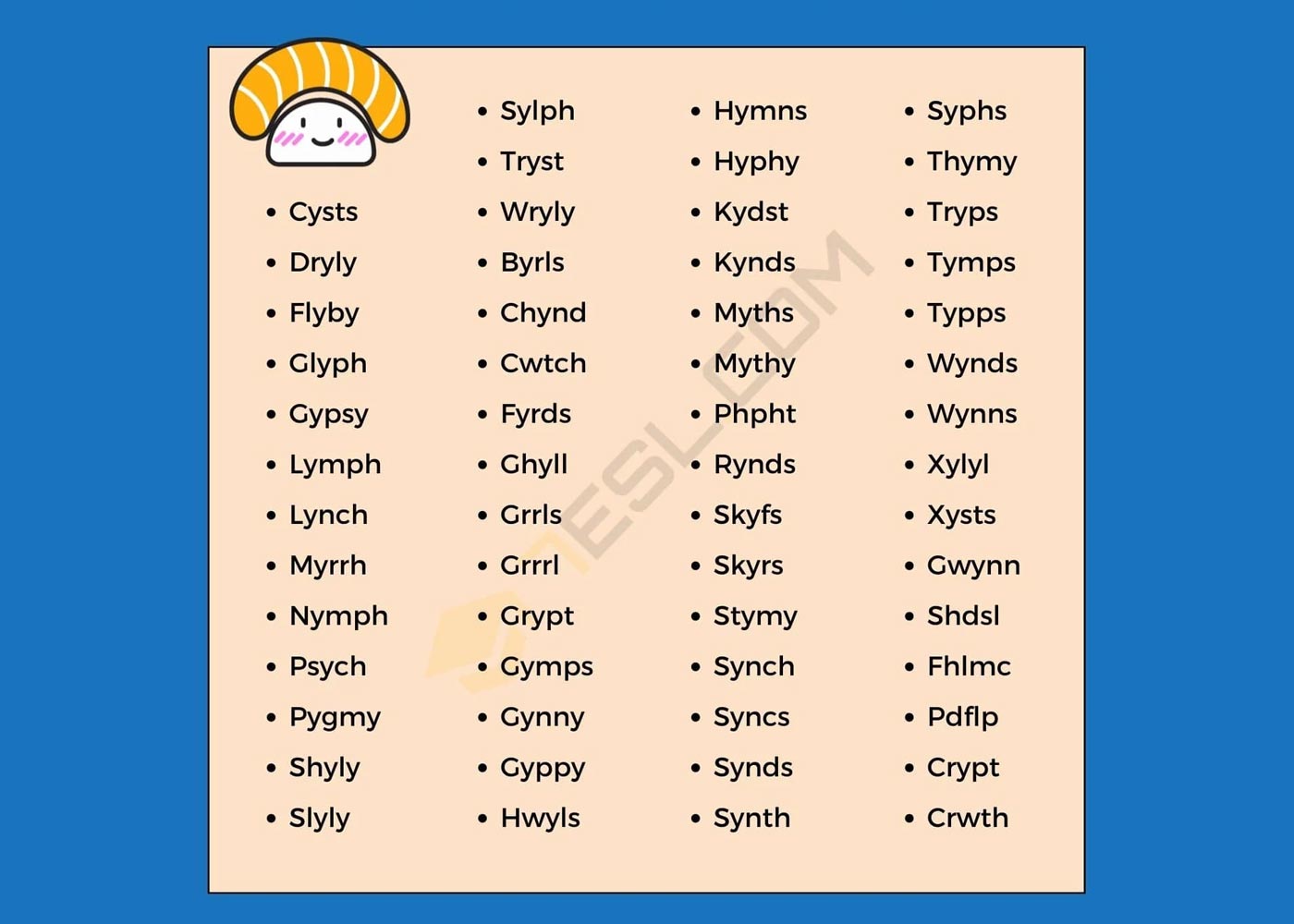
The term hypoglycemia is a medical condition that occurs when one has blood glucose levels below the normal range. Just as you have heard of hypoglycemia, meaning low glucose in the blood, note that it is possible to have excess glucose in the body as well.
You must also remember that the body uses glucose as its main energy source. Therefore, diabetes treatment typically entails controlling hypoglycemia.
When diabetes is absent, it is typically brought on by medications, including alcohol, among others. The disease is confirmed by a low plasma glucose reading.

As we proceed, you must bear in mind that this article has been put together by The Watchtower, a web design agency in Dubai and a leading name in the business of web design and development in Dubai.
In this post, we shall be considering the limitations of a hypoglycemic diet, alongside another healthy benefit of regulating one’s blood sugar.
What is the relation between diabetes and hypoglycemia diet?
Diabetes is a lifestyle condition that causes erratic insulin levels, resulting in either too-low or too-high blood sugar levels. On the other hand, reactive hypoglycemia is a situation when your blood sugar lowers right after eating. Hormonal shifts are a common cause of these oscillations, although other times the exact reason may not be recognized.
What is a hypoglycemic diet?
The hypoglycemic diet is a dietary strategy designed to assist you in controlling your blood sugar levels. Due to its safety and nutritional value, this diet is frequently recommended by doctors.
No risks exist, and no vital vitamins or nutrients are missed. The hypoglycemic diet helps you maintain a constant blood sugar level, so you won't experience these jarring variations.

What are the limitations of a hypoglycemic diet?
1. Meal time is scheduled.
It is recommended to consume three to four meals a day for those who are prone to hypoglycemia. Typically, you have to plan your meals based on when you ate your first meal of the day.
Your main meals and snacks need to be planned. It's important to pay close attention to managing your time during mealtimes.
2. Health concerns.
There are very few health concerns associated with a hypoglycemic diet. However, one should always be aware of one’s body needs. Make your diets a reflection of your dietary demands and tastes.
Additionally, keep in mind that since carbohydrates are your main source of energy, you shouldn't cut back on your intake. Speak with a nutritionist or other health expert for the best guidance.

3. There’s a need to improve vegetable intake.
Details matter here, though. You would need to incorporate as many whole fruits and vegetables as you can into your diet. This action simply means you consume your fruits and veggies whole rather than juicing them as you may have wanted to do.
4. Reduce alcohol intake.
When considering this type of diet, it is required that you watch what you eat and, likewise, what you drink.
If you have to consume alcohol due to circumstances beyond your control, don't forget to eat while you drink. Avoid drinking alcohol on an empty stomach, and more importantly, limit your intake as much as you can.

In conclusion, the hypoglycemic diet places a strong emphasis on a balanced diet and blood sugar control. Everyone, including those with reactive hypoglycemia and diabetes, benefits from it. Hypoglycemia is treatable if a meal plan is designed or meals are planned carefully and wisely.
On the contrary, please bear in mind that before making any dietary changes, it is a good idea to consult a health expert to avoid any complications where necessary.
Before we proceed, I must thank The Watchtower-Web Design Agency Dubai for making this platform possible to share my article. The Watchtower-Web Design Agency Dubai is a web development company that provides ease in your digital marketing, SEO, web design, and development considerations for your brand.




















Comments (0)
Write a Comment